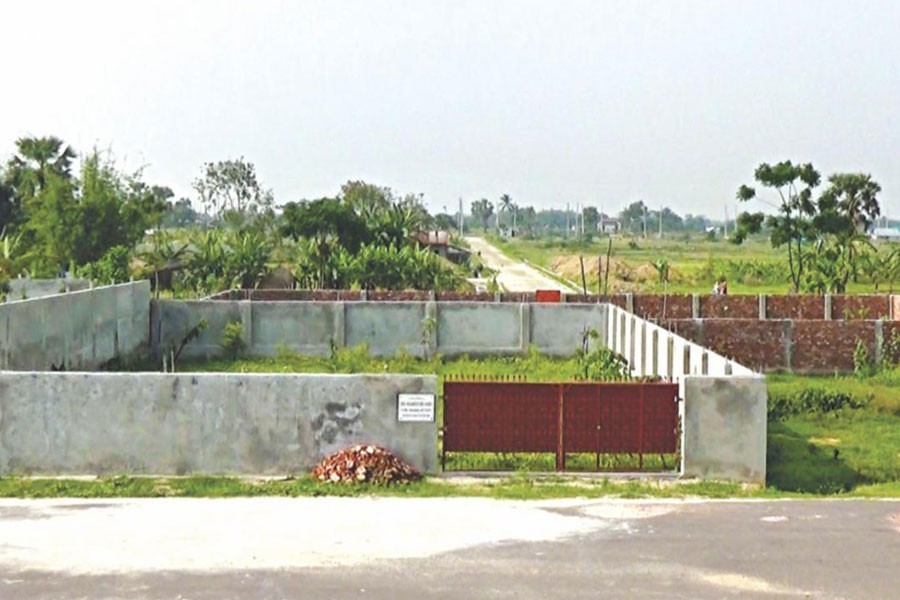Formation of paid up capital after establishing a new company or purchasing land alone in the name of a company would not be considered as visible investment to avail money whitening opportunity.
People, who are willing to formalise undisclosed money through investing in new industrial undertakings, have to make their investments visible to taxmen in a bid to check misuse of the opportunity.
A clarification of the National Board of Revenue (NBR) made this mandatory for availing money whitening opportunity through paying flat rate of tax at 10 per cent.
The Income Tax Wing gave the clarification in the Income Tax Paripatra - 2021-22, issued on Monday.
Officials said the NBR issued the clarification to ensure investment in actual industrial plants, and prevent misuse of the benefit.
The circular also clarified other changes, brought into the Income Tax Ordinance 1984 through the Finance Act 2021.
The government in the budget offered special tax treatment regarding investment in new industrial undertakings through inclusion of Article 19AAAAAA of the ordinance.
According to the ordinance, no authority would raise any question regarding the source of undisclosed money, if it is invested in new industrial undertakings between July 1, 2021 and June 30, 2022.
The investors of the new industrial undertakings would enjoy a flat rate of tax at 10 per cent to legalise their income.
According to the clarification, the investors must sign agreements for infrastructure development and open letters of credit (LCs) for machinery import.
In case of failure to implement the infrastructure development agreements and if the LCs are cancelled, the revenue board would not allow the black money whitening benefit to the investors.
Investments under the provision would also not be eligible for the benefit, if the investors give loans from the declared paid up capital of the company, it said.
In the budget for current fiscal year (FY), 2021-22, the government offered black money whitening opportunity in different forms.
The NBR would allow investment in the capital market by paying income tax at the rate of 25 per cent and additional 5.0 per cent penalty on the tax amount.
However, there would be a one-year lock-in period for such investment in the capital market.
In case of withdrawal of money within one year of investment, another 10 per cent tax would be applicable on the withdrawn amount.
For availing the opportunity through investing in the capital market, tax should be paid within 30 days of investment.
Talking to the FE, a senior income tax official said the government may not get that much response on money whitening opportunity, like previous years, due to the high rate of tax.
Such schemes, including voluntary disclosure of income, were permanently incorporated in the income tax law, but did not get any response for years.
He, however, preferred higher tax rate for the undisclosed money holders to ensure proper justice to the honest taxpayers.
In FY 2020-21, a total of 11,859 people whitened their black money worth Tk 206 billion, availing the blanket opportunity to pay 10 per cent tax at a flat rate on their invested amount.
It was the highest amount whitened since the independence under such amnesty.
The NBR received taxes worth Tk 20 billion against the money, disclosed in the forms of share market investment, cash, bank deposit, debenture, flat, land or other areas, according to a provisional data.


